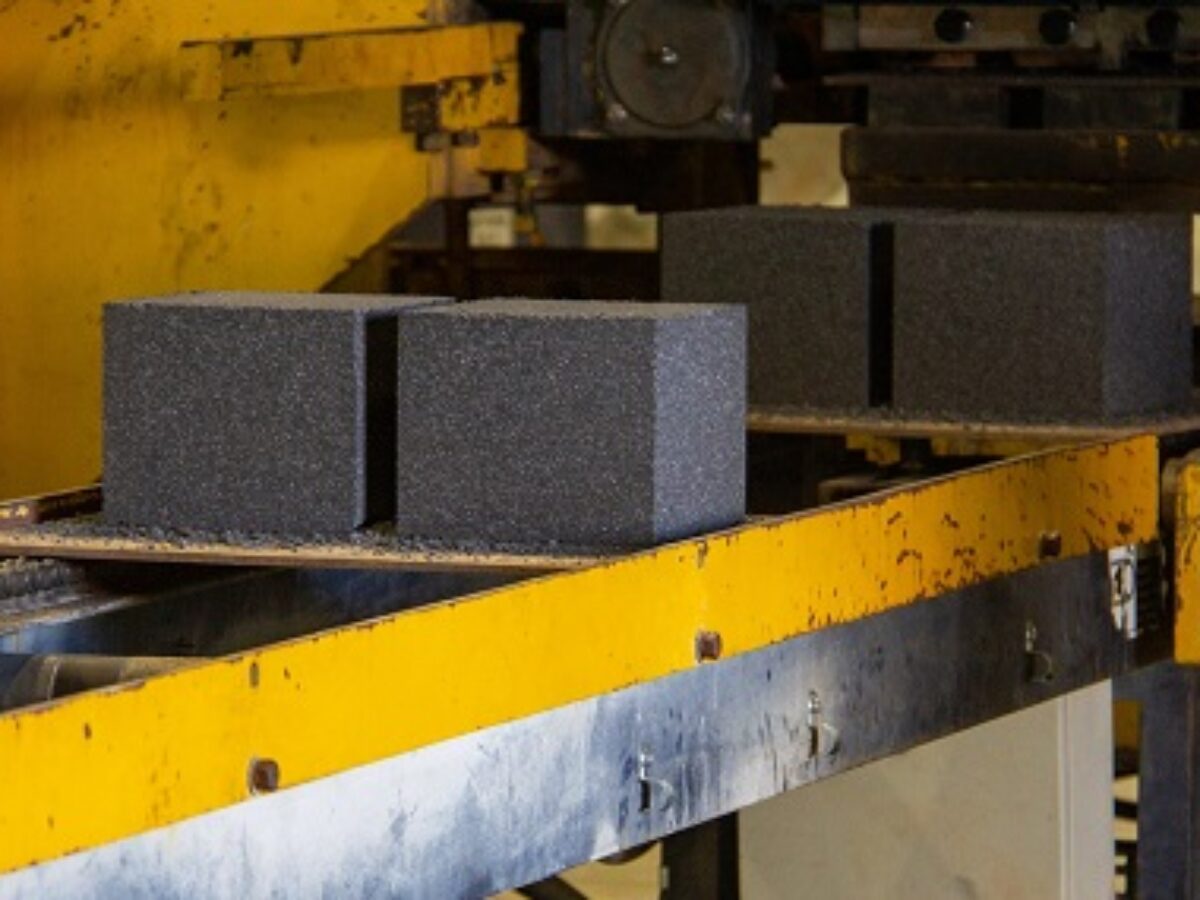MGA Thermal unveils new Newcastle manufacturing facility

Australian clean energy company MGA Thermal has unveiled the first stage of its new commercial manufacturing facility in Newcastle, New South Wales to meet demand for its novel energy storage materials.
The company's core technology is a recently invented type of thermal storage material, Miscibility Gap Alloys (MGA, pictured), which are capable of storing a huge amount of energy as heat, in a safe and easy to use way.
MGA Thermal said in a statement that the facility was needed to meet rising demand from customers.
It said it had reached a milestone with customer interest for 20 GigaWatt hours (GWh) of energy storage, the equivalent of powering 1.3 million homes, from customers for its technology.
The first stage of the company's manufacturing facility and research and development lab in will be capable of manufacturing more than 1,000 blocks, or 1MWh of energy storage, per day by the end of 2022.
The initial run of blocks will be used to kick off MGA Thermal’s partnership with the Toshiba International Corporation and Graphite Energy to produce low-cost green hydrogen thanks to a $9.8 million grant from the Australian Government’s Modern Manufacturing Initiative.
MGA Thermal CEO Erich Kisi said: “If current market sentiment and the impacts of climate change are telling us anything, it’s that we can no longer hold off on the renewable energy transition.
“While conventional storage technologies like batteries are no doubt important to that mission, we believe our MGA Thermal Blocks will be a major part of that transition, to retrofit existing thermal power plants and support development of low-cost renewable energy storage and green hydrogen.
“Utilities around the world have told us they need this type of technology to make that move, and we are well on our way to building the capacity to meet that demand.”
Miscibility Gap Alloys (MGA) were pioneered at the University of Newcastle, and can store and release energy to provide industrial heat, run steam turbines or produce other forms of long-duration energy storage like green hydrogen.
MGA blocks store thermal energy through a solid-liquid phase change, which is released as they cool and distributed particles in the blocks solidify.
The blocks can be stacked like modular bricks, with a stack of 1,000 blocks — about the size of a small car — storing enough energy to power more than 60 homes for 24 hours.
At the end of life, they can be recycled back into raw materials and recreated into wholly new blocks for ongoing use.
Picture: MGA Thermal
Subscribe to our free @AuManufacturing newsletter here.
Topics Manufacturing News
@aumanufacturing Sections
Analysis and Commentary Awards casino reviews Defence Gambling Manufacturing News Online Casino Podcast Technology Videos





